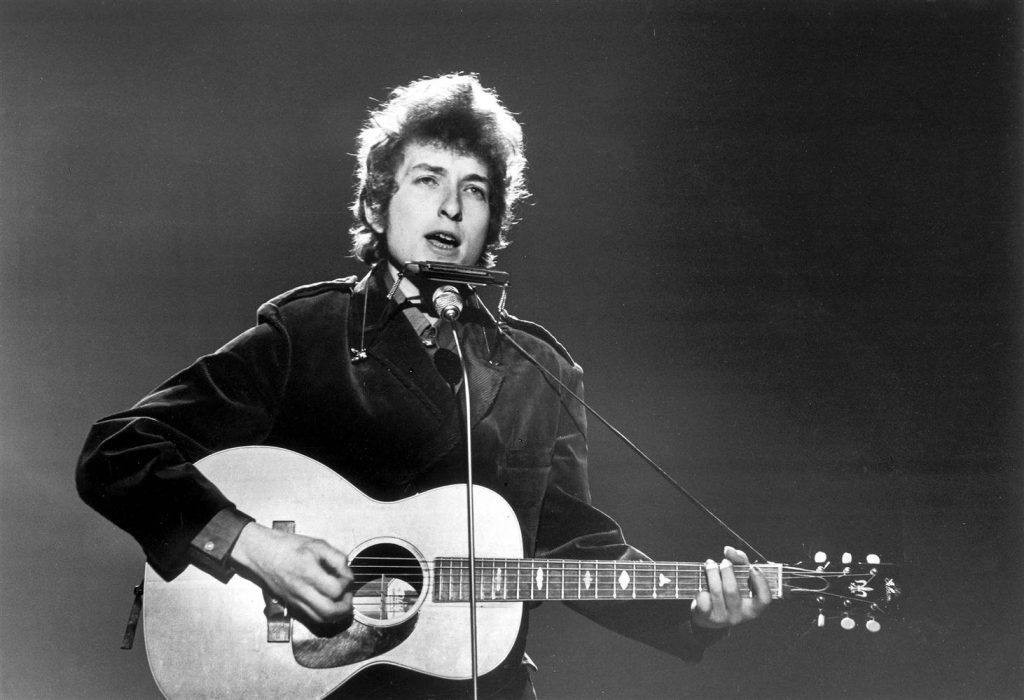I first heard the song Blowin in the Wind several years back in JNU. I was a new entrant and was straight away swept away by it, such was its all-pervasive power even half a century after its penning. I remember guys meticulously learning to strum the chords of Blowin in the wind on the guitar hoping that some progressive chick would cast a glance at them. The number was not only popular among star-eyed young men but also among the progressives and the radicles in the university and throughout the country. The simple and direct lyrics along with the folksy music had the potential to fire up any young person’s imagery. The deft use of rhetoric struck a chord with the crowds, no matter where you went. In fact, Woody Guthrie’s This land is your land, which is often considered a precursor and inspiration for the former song, comes a distant second by more than a mile.
Blowin in the Wind was and continues to be an anthem of progressive leftist movements throughout the country and the world. During the Iraq War protests, demonstrators resurrected songs such as “Blowin’ in the Wind” rather than create new ones. Blowin incorporates a range of social, political, as well as literary influences. The lyrics defied the extant music conventions, appealing to the fast-growing counterculture. No wonder, hundreds of artists have covered the song. Widely considered a protest song, Blowin raises pertinent questions about peace, war and freedom. The refrain, “The answer, my friend, is blowin’ in the wind” says that the answer is so obvious that it is right in your face.
Coupled with the cynical nasal twang of Dylan and the rustiness of Guthrie, it was both young, irreverent and jeering. Reportedly, Dylan presented the s ong when Martin Luther King made his historic speech “I Have a Dream”. Although Dylan was inspired by Guthrie, Little Richard, and Robert Johnson, he personalized and extended music genres. With a career spanning more than 50 years, Dylan experimented with various traditions in American music—from blues, folk, and country to gospel, rock and roll and jazz.
Dylan reminds one of the collective memory of the 1960s. That was a generation which fought against the Vietnam War and struggled against racism. The 60s confronted troubling questions challenging assumptions about the rightfulness of the official and the recorded by creating its own explosive mixture of the folk and the oral. The music, naturally, acted as a conduit for popular dissent, infesting every domain of human activity, ranging from sexuality and education to science and music.
The hegemony of written literature has yielded to the legitimacy of the oral and the aural—forms that actually sustain language, literature, and memory. Maybe, the answer to why Dylan got the Nobel in 2016 is blowin in the wind.
Disclaimer: The opinions expressed in this article are the personal opinions of the author. The facts and opinions appearing in the article do not reflect the views of NEWSD and NEWSD does not assume any responsibility or liability for the same.

















